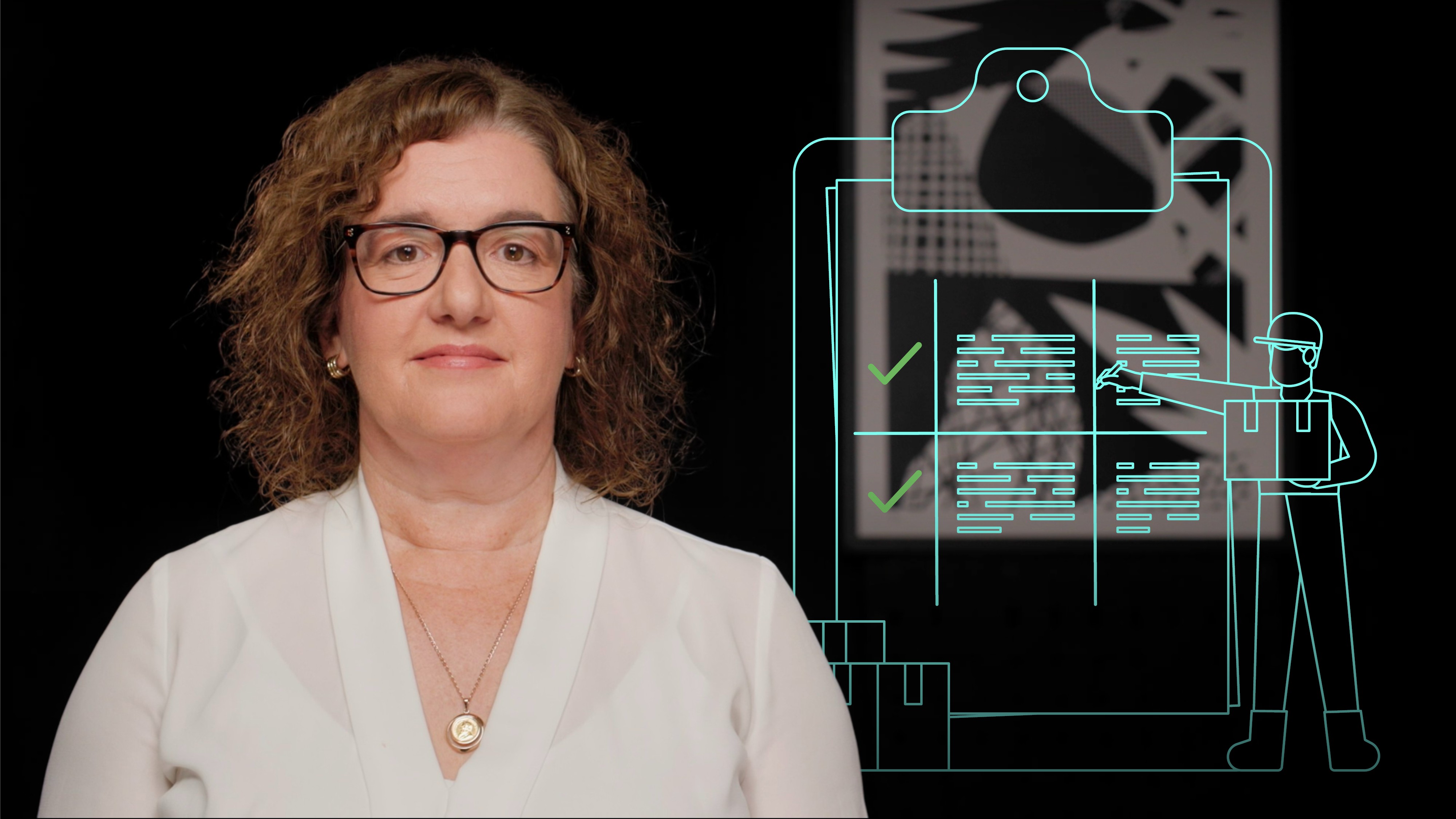
Lien
A lien is a claim or legal right against assets that are typically used as collateral to satisfy a debt. Homeowners taking out a mortgage to purchase a property do not own the property until the mortgage has been repaid in full. Until that point, the mortgage lender has a first lien on the property. A lien is a claim on an asset where the asset serves as collateral or security for the loan to purchase it. In the context of property, a first-lien mortgage lender has the legal right to take possession of the property and liquidate it to repay the loan if the terms of the mortgage agreement are not kept. For homeowners taking out a second mortgage, the second mortgage lender stands behind the first-lien lender and has a so-called second lien on the property. In LBOs (cf.) second lien loans are widely used as a form of secured financing to get transactions over the line if transaction terms exceed the lending ceilings of unsecured lenders. Second-lien loans are also common in recapitalisations. Generally speaking, second-lien facilities appeal to alternative investors such as hedge funds, distressed and credit opportunities funds.




























